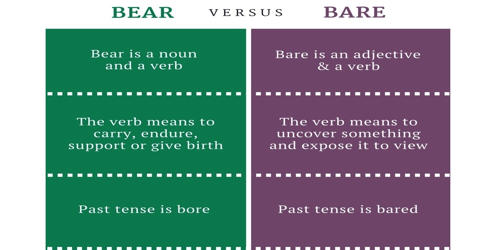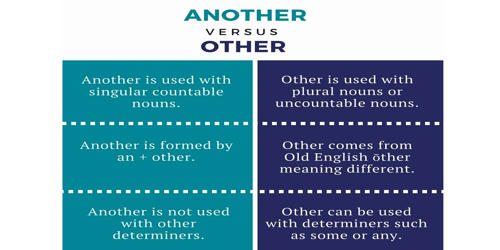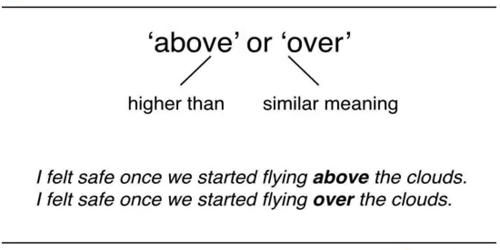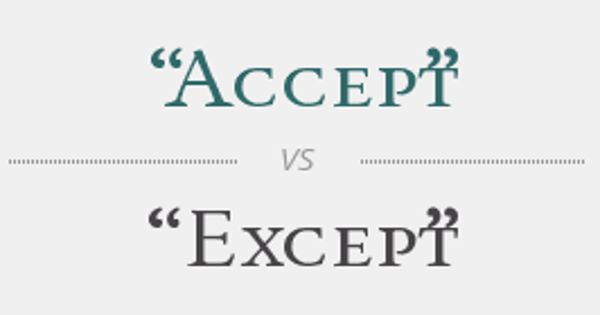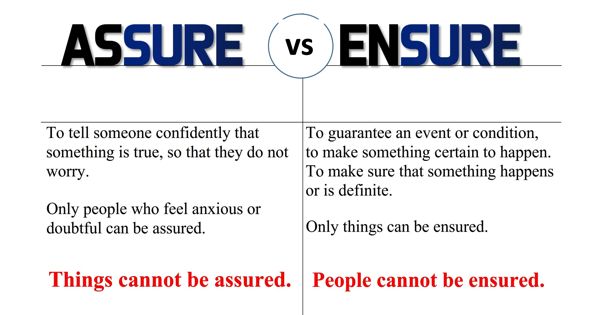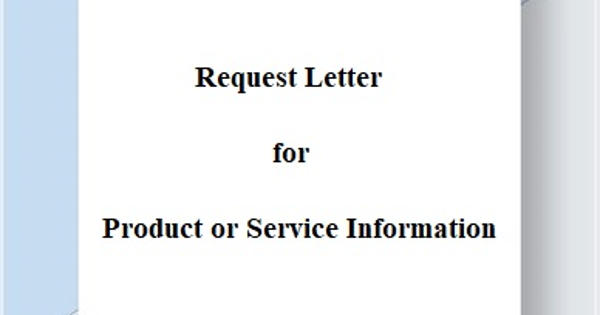Homophones sound the same but are spelled differently. The words ‘bear’ and ‘bare’ are homonyms that are pronounced exactly similar, but they are spelled differently and also differ in their meanings. While the word ‘bear’ has multiple meanings, ‘bare’ has only one meaning. Bare means naked, but to bear is to carry something. A bear is also a brown furry animal, but most people keep that one straight.
Bare functions as an adjective or a verb. As an adjective, it can mean minimal, naked, uncovered, or without supplies. The verb bare means to reveal or open something to view. When something is not properly clothed or covered, we mean ‘bare‘. On the other hand, ‘bear‘ usually refers to tolerate or carry something.
Difference between Bear and Bare
Bear
- Bear has two meanings, i.e. either it refers to an animal or it means to carry or tolerate something. Bear is a noun and a verb. A bear is a large mammal; to bear is to carry.
- The word ‘bear’ can be used in two ways, i.e. firstly it can be used as a noun which refers to a wild furry omnivores mammal having a short tail, that moves on the sole of its feet.
- it can be used as a verb to mean carry, tolerate or endure something, which is not at all pleasant or you don’t like it. It is an irregular verb whose simple past and past participle form is the bore and borne respectively.
- The word ‘bear’ may refer to a wild furry mammal, or it may refer to carry or endure something, which is really hard to do.
- The word ‘bear’ is an irregular verb, whose simple past and past participle form is a bore and borne.
Bare
- Bare refers to something that lacks usual covering, i.e. naked, exposed to view or reveal. Bare is an adjective and a verb and refers to being exposed.
- The word ‘bare’ is used for indicating something which is open to view i.e. without cover, clothing i.e. naked, exposed.
- It may also refer to something that is without any addition, i.e. straightforward, plain or basic.
- the word ‘bare’ is used to refer to something which lacks natural or appropriate covering, i.e. naked or exposed. It is also used to indicate plain or basic, i.e. without any addition or decoration.
- ‘Bare’ is a regular verb whose past tense form is bared.
